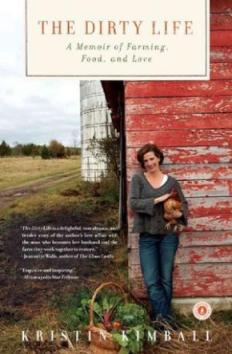My four days off stretch before me – an eternity and the blink of an eye at the same time.
I woke up yesterday to the first snow. It had started the night before, and as we drove up out of the city (book club likes to hop all over the place, this week finding residence in a hilly city neighborhood), I watched the white flakes pelt the windows. I felt young, watching it snow, and later slipping along the sidewalk in my boots.
What I want to do with four days off:
- READ. Like it’s my job. Finish Circling to the Center, make a dent in Tale of Two Cities, digest a little more Rilke, discover the four or five issues of ‘The Sun’ my writer friend lent me, EVERYTHING.
- WRITE. I wrote my first short story in a long time this week. It flowed out of me, which was lovely, but now I’m thinking, shoot, now I have to edit it. I’m not so good with that part.
- SING. Warm-up. Play the piano while I sing some hymns. Pretend I know what I’m doing again. Maybe some German art songs, but I may be too ambitious (again).
- Finish my brother’s sweater. (Yes, I knit. It’s like the icing on the dork-cake. In my defense, he asked me to make him a sweater, so really I’m just being a kind sister…)
- WALK. I miss the outdoors. I miss the sunshine, the leaves, the color of the sky. I plan on going for a number of walks in the next few days.
What I DON’T want to do, but need to do:
- CLEAN MY ROOM. Gross.
- Find the water heater for my chickens. It’s getting colder (or at least, it’s supposed to be getting colder), and the waterer started to ice over the other day. Not cool.
- CLEAN MY CAR. Yeah, like that’s really gonna happen.
- LESSON PLANS. I have a lot of planning for the next week or two of Latin. We’re starting Chapter Six in my high school class, and it’s painful. Remember how in your English classes, your teachers always told you not to write in the passive voice? Well, Latiners LOVED using passive verbs. So basically I think I’ll need to give a mini-English lesson before I even introduce the Latin (i.e., “What’s the difference between ‘Marcus hits Iulia’ and ‘Iulia is hit by Marcus’?”). And welcome to: Prepositions that Take the Accusative Case. And welcome to: The Locative Case.
Now on my way to my favorite little bookstore. Stock up on those books I’ll be reading.













